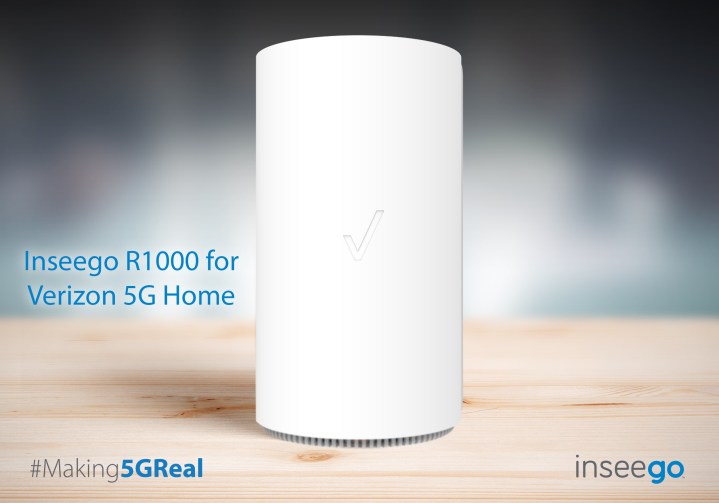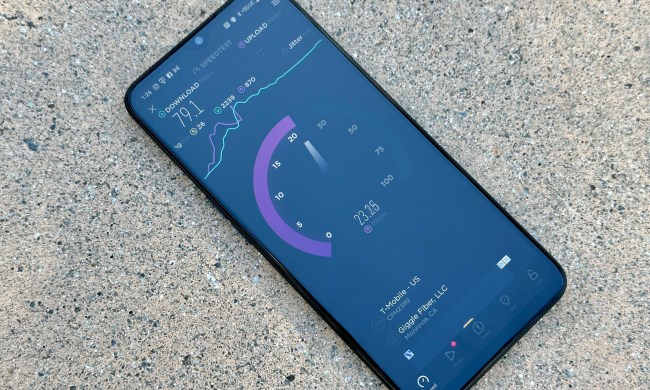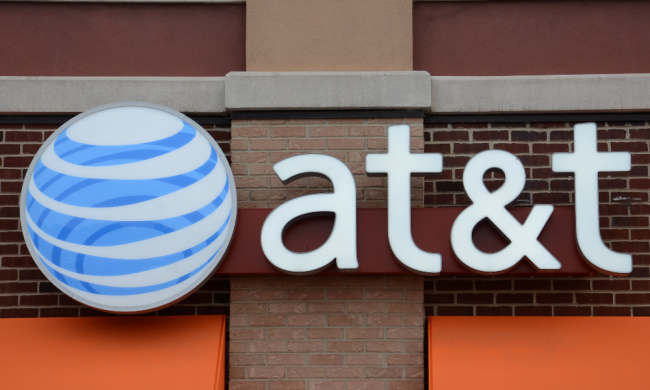
Verizon has finally detailed its plans to become the first carrier to bring gigabit internet speeds into the home through its fixed wireless 5G broadband service, Verizon 5G Home. Initially, Verizon will deploy its 5G Home service through a limited rollout in the Houston, Indianapolis, Los Angeles, and Sacramento markets. The service will cost $50 per month for customers with Verizon Wireless accounts and $70 without a wireless bundle starting on October 1.
“This monthly charge includes all taxes and fees, and does not require an annual contract,” Verizon said, noting that there are no data caps. Verizon claims that its unique network infrastructure, comprising end-to-end fiber resources, large deployments of small cells, and spectrum holdings, will help differentiate its network.
Like existing home broadband service, Verizon will send technicians to install the equipment (in contrast, T-Mobile claims its customers will be able to install their fixed wireless service without help). The carrier said that there is no charge for hardware, and internal and external equipment may be required, depending on your home. Early adopters will get perks, like free installation, a promotion with three months of free service, and a choice of free Chromecast or Apple TV 4K, along with three months of YouTube TV at no cost. Unlike traditional home broadband service, the internet service operates on Verizon’s 5G mobile network.
Verizon initially launched its 4G LTE network nearly a decade ago, and with its 5G deployment plans, it hopes to become the first carrier in the world to launch this next generation network. With its 5G network, Verizon promises home broadband speeds in excess of 300 megabits per second.
“Verizon 5G Home customers should expect typical network speeds around 300 Mbps and, depending on location, peak speeds of nearly 1 Gig, with no data caps,” Verizon said. That speed is good enough to download a Blu-ray movie in several minutes. Verizon’s 5G network will be competitive against DSL, cable, and fiber internet services, and the fast speeds and no caps could make Verizon 5G Home appealing to cord-cutters. For comparison, Google promises gigabit per second home internet speeds for its wired Google Fiber broadband service.
Verizon will begin taking signups for 5G Home starting Thursday, September 13, through a dedicated web portal, provided you live in one of the early test markets. As U.S. carriers race toward 5G as the successor to current generation LTE networks, rival AT&T aspires to become the first network to offer mobile 5G service. In contrast, Verizon’s initial deployment of 5G will be limited to the home. T-Mobile previously announced that it will launch its 5G network next year, and Sprint and LG aim to launch the world’s first 5G smartphone.
With less latency and improved speeds, 5G is poised to take connectivity to the next level. It will help power autonomous cars as well as connect gamers. “We will deliver a revolutionary 5G experience that will change how people live, work and play,” Verizon Chief Technology Officer Kyle Malady said in a statement.


